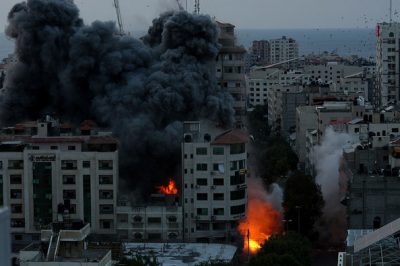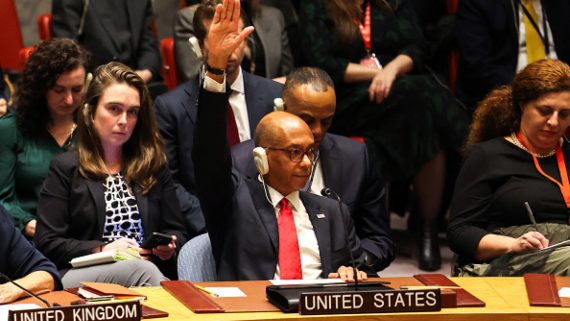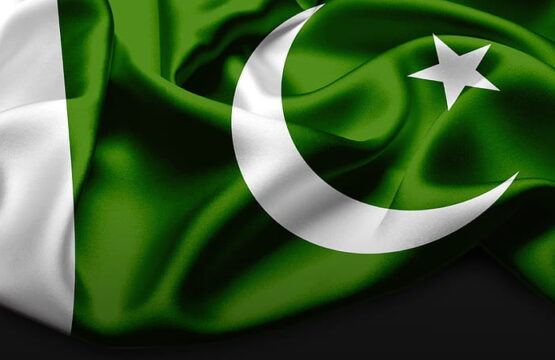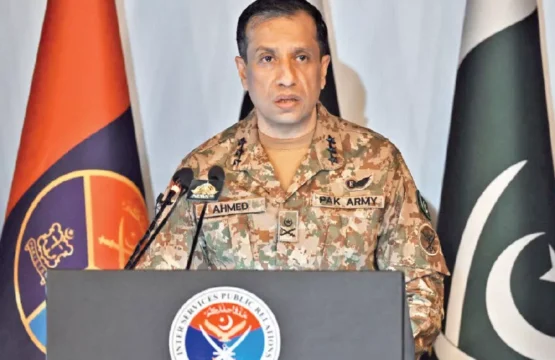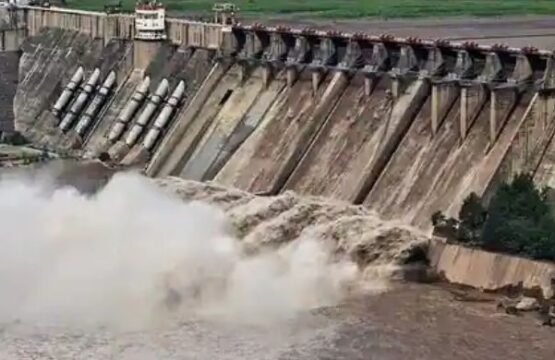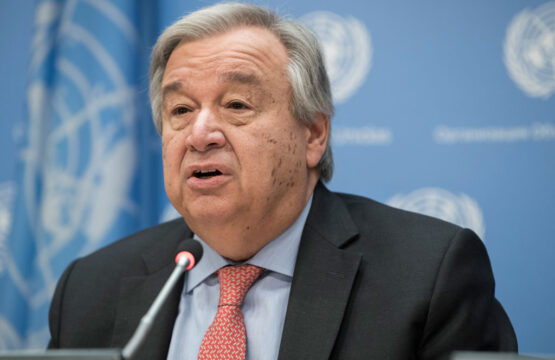“Veto” is a term that frequently makes headlines in the complex realm of foreign diplomacy. A UN resolution calling for a ceasefire in Gaza was recently blocked by the United States using its veto power. This decision will significantly impact the ongoing humanitarian situation in the region.
The United Nations proposed the resolution demanding an immediate ceasefire in Gaza, an international body dedicated to upholding peace and security. Stopping the violence and helping those caught in the crossfire were the goals. The US veto, nevertheless, presented a challenge to the resolution.
The five permanent members of the UN Security Council—the United States, Russia, China, France, and the United Kingdom—are entitled to veto power. With this power, they can stop any meaningful settlement from happening on their own, even if it has the backing of the whole globe.
The US’s veto of the ceasefire resolution sparked discussions over its involvement in the Gaza humanitarian situation.
As of now, 17,487 civilians have died because of the conflict in Gaza, leaving 2.3 million people homeless and confined to a tiny embattled coastal enclave with minimal access to fuel, food, water, medical treatment, and safe housing.
The area has acute shortages of basics, including food, clean water, and medical assistance. Hospital overcrowding and the escalating humanitarian crises are both real.
As a global superpower, the US is crucial in determining policies. Its choice to exercise its veto power in this situation led to a debate about its views on humanitarian concerns and its dedication to world peace.
Regarding the resolution’s contents and its effects on Israel’s security, the US administration has explained its rejection. The US said that the resolution was unbalanced and neglected to address the underlying causes of the war, even while it acknowledged the necessity of a ceasefire.
Also Read: US rejects UN Gaza ceasefire; Pakistan Ambassador expresses disappointment
When national interests collide with humanitarian imperatives, the veto conveys a message about the challenges and constraints of international collaboration.
There is an obvious need for humanitarian aid and a ceasefire, and the US decision to exercise its veto authority has made finding a diplomatic solution much more urgent.
The US rejection of the UN resolution about the truce in Gaza has highlighted the relationship between political unrest and humanitarian disasters. On the ground where innocent civilians are suffering from the aftereffects of a protracted conflict, this choice is being made.
It is still challenging for the international community to promote peace and stability while balancing national interests and the need to lessen human suffering.
An International Relations graduate, with a keen interest in diverse areas of IR; diplomacy, global politics & human rights.

